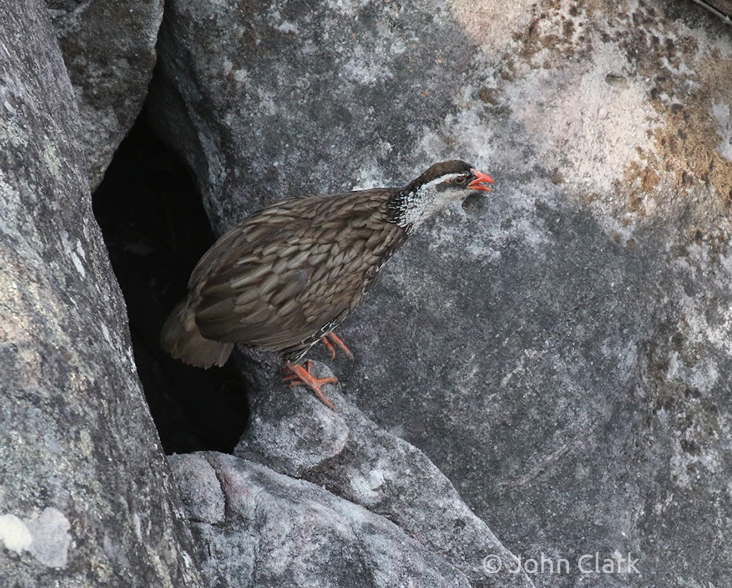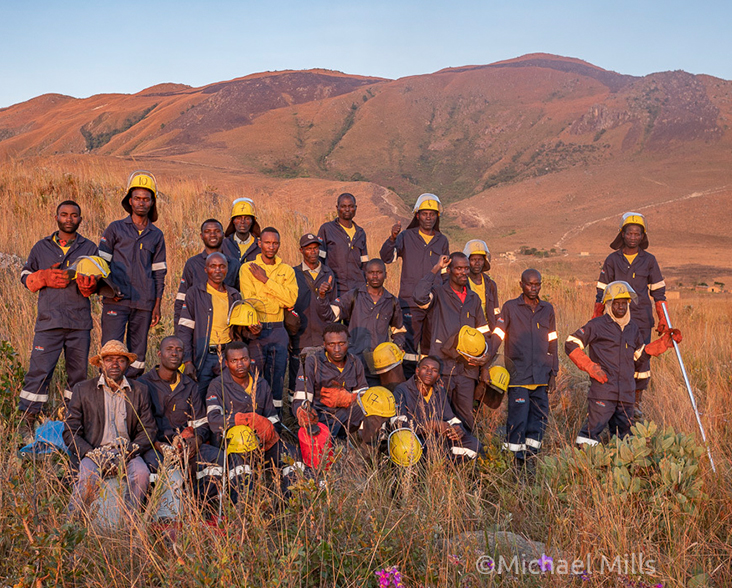Other activitiesThe Kitabanga Project was started in 2003 to support the conservation of sea turtles. It currently has an area of direct action covering 104 km, or approximately 6% of Angola’s coastline in 17 bases covering 6 out of the 7 coastal provinces.
In 2012, Fundação Kissama started the Stories to Conserve initiative as part of their environmental education outreach. The initiative aims to bring young people closer to nature and help them to understand conservation issues in Angola. It has so far produced a collection of children’s books with a focus on threatened animals and their ecosystems.
In 2018, Fundação Kissama created the Biodiversity Internship Program for Future Young Researchers and Project Managers, working alongside National Geographic Society and Wild Bird Trust. To date six programmes have been implemented with over 40 interns being trained.
Awards and Achievements
In 2007, Fundação Kissama was declared an Institution of Public Utility in recognition of its important contribution to the protection and conservation of Angolan biodiversity.
Our partner’s Stories to Conserve initiative has been given the seal of approval from Angola’s Ministry of Education, with the contents officially approved by the National Institute of Research and Development of Education.
Both the Giant Sable Project and the Marine Turtle Project have won international conservation awards such as the Whitley Award and Tusk Game Ranger Award.


